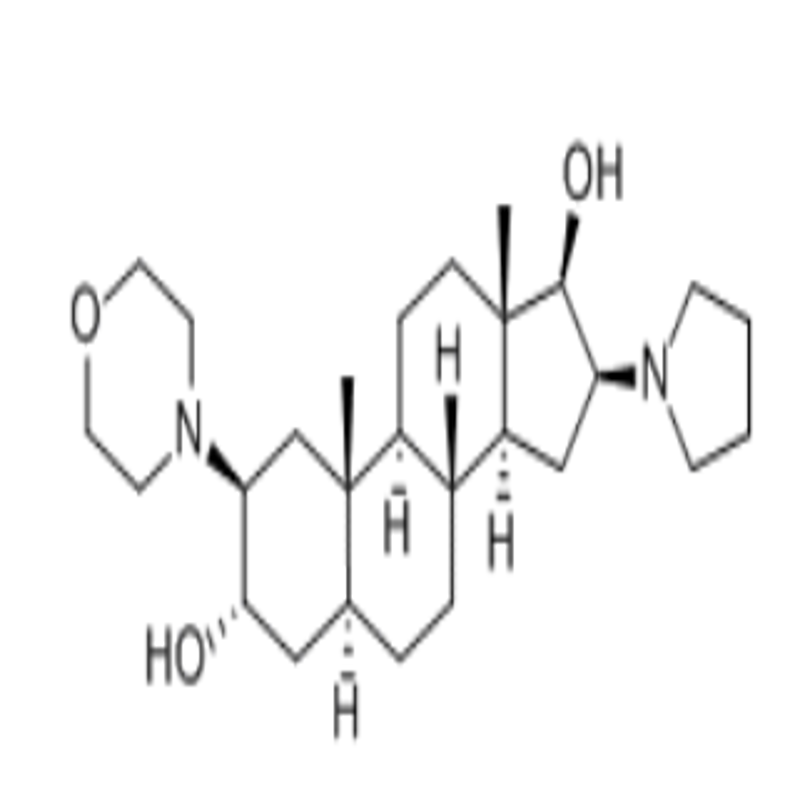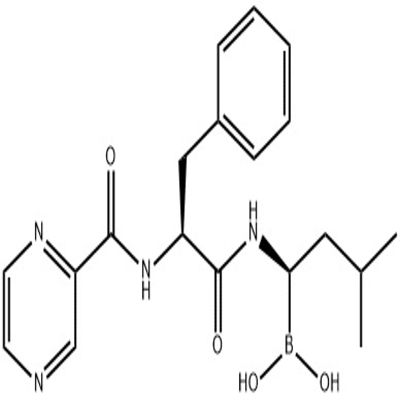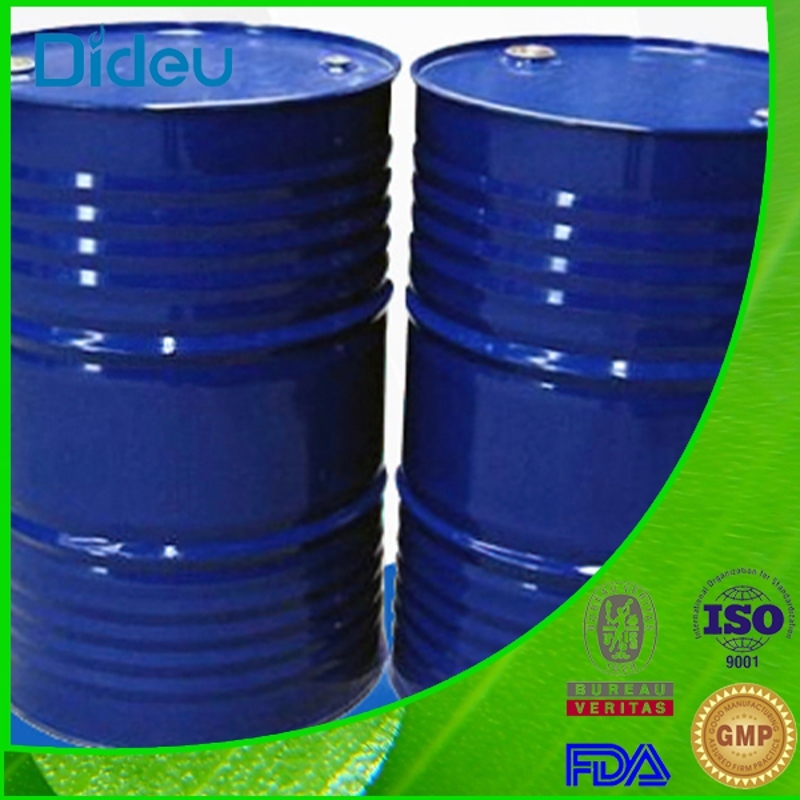-
Categories
-
Pharmaceutical Intermediates
-
Active Pharmaceutical Ingredients
-
Food Additives
- Industrial Coatings
- Agrochemicals
- Dyes and Pigments
- Surfactant
- Flavors and Fragrances
- Chemical Reagents
- Catalyst and Auxiliary
- Natural Products
- Inorganic Chemistry
-
Organic Chemistry
-
Biochemical Engineering
- Analytical Chemistry
-
Cosmetic Ingredient
- Water Treatment Chemical
-
Pharmaceutical Intermediates
Promotion
ECHEMI Mall
Wholesale
Weekly Price
Exhibition
News
-
Trade Service
IMIDAZO[1,2-B]PYRIDAZINE-6-CARBOXYLIC ACID MONOHYDROCHLORIDE is a compound that has found diverse applications in the chemical industry.
The compound, also known as pyridine-2,5-dicarboxylic acid monohydrochloride, is a white to off-white solid that is soluble in water and organic solvents.
The compound is synthesized through a series of chemical reactions from precursors such as pyrrole and benzaldehyde.
One of the most significant applications of IMIDAZO[1,2-B]PYRIDAZINE-6-CARBOXYLIC ACID MONOHYDROCHLORIDE is as a catalyst in the production of polyester resins.
Polyester resins are widely used in the manufacturing of plastics, fibers, and films.
The compound acts as a catalyst in the polyesterification reaction, which involves the condensation of an alcohol and an acid to form a polyester.
The reaction is typically carried out in the presence of a solvent such as methylene chloride or dimethylformamide.
The resulting polyester resin can be further processed to produce the desired product.
IMIDAZO[1,2-B]PYRIDAZINE-6-CARBOXYLIC ACID MONOHYDROCHLORIDE is also used as a catalyst in the production of polyurethanes.
Polyurethanes are a type of polymer that is widely used in the manufacturing of foams, coatings, and adhesives.
The reaction involved in the production of polyurethanes is known as the polymerization of isocyanates and polyols.
The compound acts as a catalyst to facilitate the reaction, which results in the formation of the polyurethane polymer.
In addition to its use as a catalyst, IMIDAZO[1,2-B]PYRIDAZINE-6-CARBOXYLIC ACID MONOHYDROCHLORIDE has also found application as a building block in the synthesis of complex organic molecules.
The compound can be transformed into a wide variety of derivatives through chemical reactions such as condensation, esterification, and amidation.
The resulting derivatives can be used as intermediates in the production of a wide range of chemicals and materials.
The compound has also been found to have antimicrobial properties and is being studied for its potential use as an antibiotic.
The compound has been shown to be effective against a range of bacteria, including Escherichia coli and Staphylococcus aureus.
Further research is needed to fully understand the mechanism of action of the compound and to determine its efficacy as an antibiotic.
IMIDAZO[1,2-B]PYRIDAZINE-6-CARBOXYLIC ACID MONOHYDROCHLORIDE is an important compound in the chemical industry due to its diverse range of applications.
Its use as a catalyst in the production of polyester resins and polyurethanes has contributed to the widespread use of these materials in various industries.
The compound's potential as an antibiotic is also an exciting area of research that may lead to new treatments for bacterial infections.







